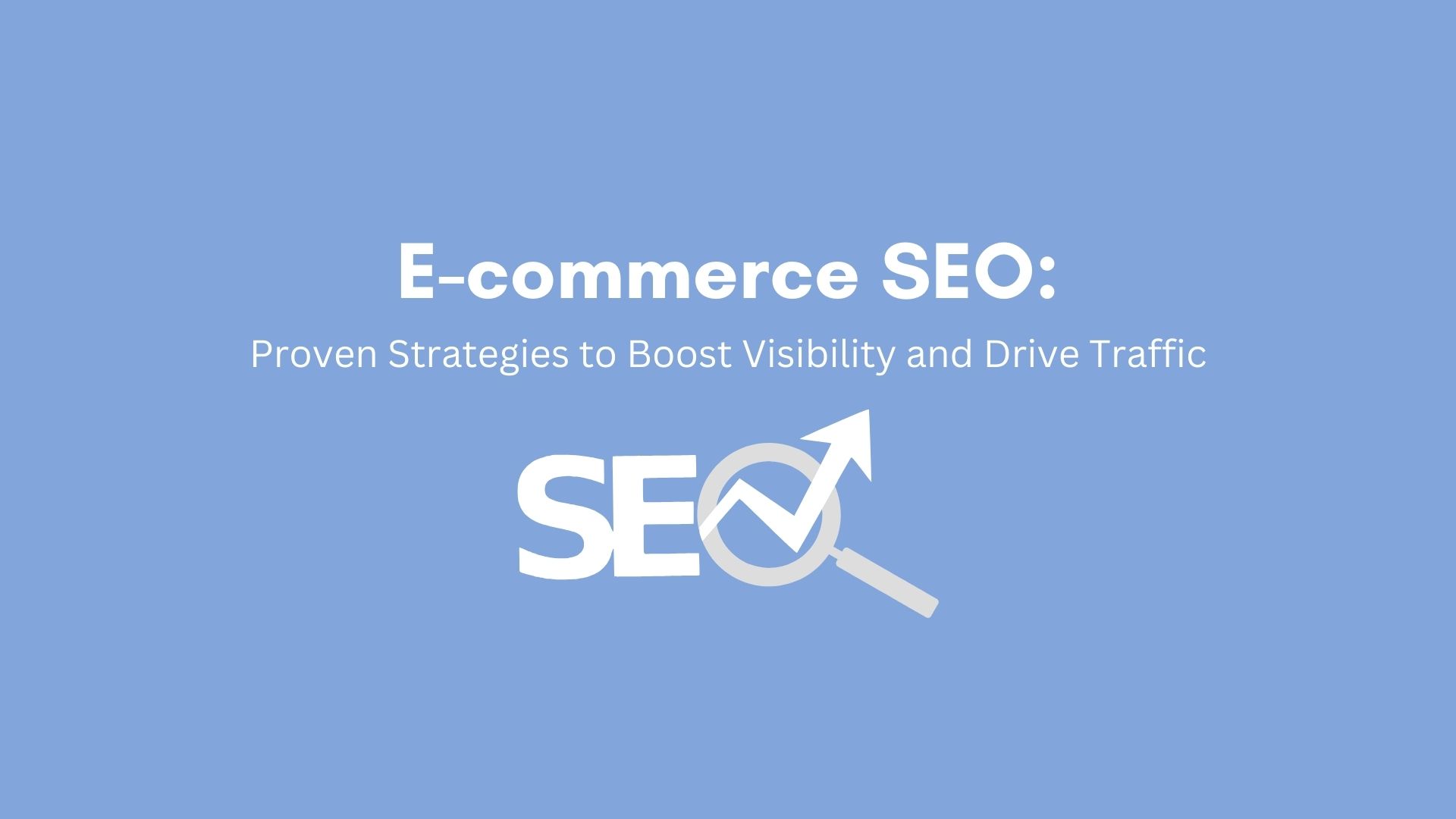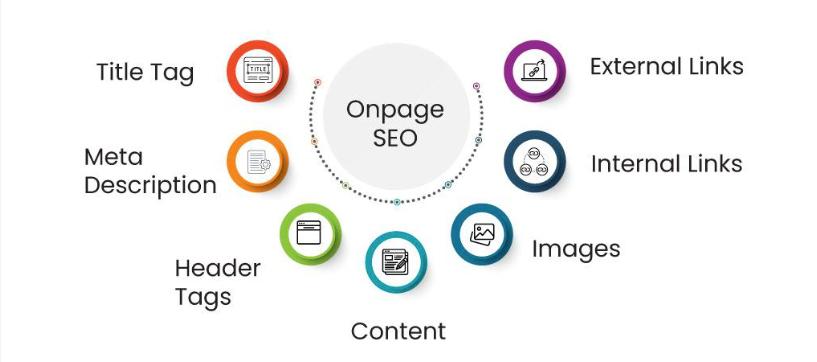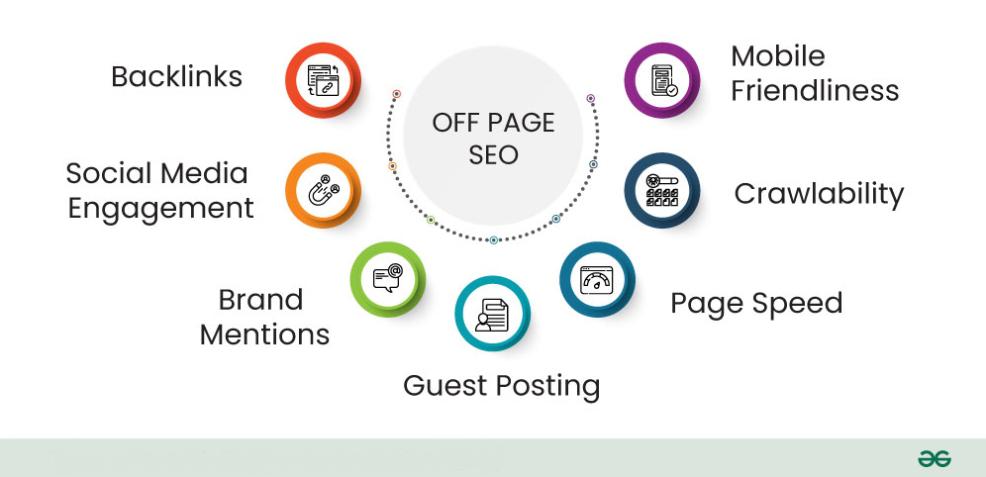
In the bustling realm of digital commerce, where every click counts and visibility is paramount, mastering the art of E-commerce SEO (Search Engine Optimisation) becomes indispensable. In this guide, we delve into the intricate world of E-commerce SEO, unveiling advanced strategies and expert tips to enhance visibility, drive traffic, and ultimately skyrocket your online business.
Understanding the Dynamics of E-commerce SEO:

E-commerce SEO revolves around optimising your online store’s web pages to rank higher in search engine results pages (SERPs) for relevant keywords and phrases. Unlike traditional SEO, E-commerce SEO demands a nuanced approach, considering factors like product pages, category pages, user experience, and transactional intent.
Tip 1: Conduct Comprehensive Keyword Research
The cornerstone of any successful E-commerce SEO strategy is meticulous keyword research. Identify high-volume keywords with transactional intent relevant to your products or services. Leverage tools like Google Keyword Planner, SEMrush to unearth lucrative keyword opportunities and assess competition levels.

Tip 2: Optimise Product Pages for Maximum Visibility
Product pages serve as the virtual shelves of your online store. Optimise these pages with targeted keywords in titles, meta descriptions, and product descriptions. Employ structured data markup, such as Schema.org, to enhance visibility in rich snippets and improve click-through rates (CTRs).
Tip 3: Enhance Site Structure and Navigation
A well-organised site structure not only improves user experience but also aids search engine crawlers and indexing your pages efficiently. Implement clear navigation, logical URL structures, and breadcrumbs to facilitate seamless exploration of your E-commerce website. Additionally, prioritise mobile responsiveness to cater to the growing base of mobile shoppers.

Tip 4: Harness the Power of Internal Linking
Internal linking plays a pivotal role in distributing link equity across your E-commerce website. Strategically interlink product pages, category pages, and blog posts to reinforce topical relevance and establish a hierarchy of importance. However, exercise restraint to avoid over-optimisation and maintain a natural linking profile.
Tip 5: Create Compelling Content to Attract Backlinks
Content marketing remains a potent tool for E-commerce SEO. Craft informative blog posts, product guides, or tutorials that resonate with your target audience. Engage in outreach campaigns to secure backlinks from authoritative domains, bolstering your website’s domain authority and enhancing search engine credibility.
Tip 6: Optimise for Voice Search and Long-Tail Keywords

With the proliferation of voice-activated assistants like Siri and Alexa, optimising for voice search has become imperative. Tailor your E-commerce SEO strategy to accommodate conversational queries and long-tail keywords, anticipating user intent and providing succinct, informative answers.
Tip 7: Monitor Performance and Iterate Accordingly
E-commerce SEO is an iterative process that demands continuous monitoring and optimisation. Utilise analytics tools like Google Analytics and Google Search Console to track key metrics such as organic traffic, keyword rankings, and conversion rates. Identify underperforming areas and pivot your strategy accordingly to stay ahead of the competition.
Navigating the intricate landscape of E-commerce SEO requires a multifaceted approach, blending technical expertise with creative flair. By implementing the aforementioned tips and staying abreast of industry trends, you can elevate your online store’s visibility, drive targeted traffic, and carve a niche in the fiercely competitive world of digital commerce. Embrace innovation, iterate relentlessly, and watch your E-commerce empire flourish in the digital domain.
The Pillars of E-commerce SEO: A Foundation of Relevance and Authority
Imagine search engines like Google as complex gatekeepers, meticulously sorting websites based on their relevance and authority. To appease these digital gatekeepers, your e-commerce SEO strategy should focus on two key pillars:
On-page Optimisation: This refers to optimising the individual pages on your website to make them highly relevant to specific search queries. This encompasses elements like keyword research, title tag optimisation, meta descriptions, image alt text, and website structure.

Off-page Optimisation: This focuses on building your website’s authority and trustworthiness in the eyes of search engines. Techniques like link building, social media engagement, and positive online reviews all contribute to a robust off-page SEO profile.

Keyword Research: The Compass Guiding Your Content Strategy
Before embarking on your SEO journey, you need a map – a map crafted from meticulously researched keywords. These are the search terms your target audience uses to find products like yours. Here’s where the magic of keyword research tools like Google Keyword Planner and SEMrush comes in. Identify keywords with high search volume, yet manageable competition, to maximise your reach.
Content is King: Building a Topical Empire
Once armed with your keyword arsenal, it’s time to create high-quality, informative content that resonates with your target audience. This is more than just product descriptions; it’s crafting blog posts, informative guides, and engaging videos that establish your brand as a thought leader in your niche.
Technical SEO: The Invisible Force Pushing Your Website Forward
While compelling content is king, a robust technical foundation is the unseen queen. Here’s where technical SEO steps in:
Website Speed: A slow website is a conversion killer. Ensure your website loads lightning fast to keep visitors engaged and search engines happy. Tools like Google PageSpeed Insights can help diagnose and fix speed issues.
Mobile-Friendliness: The mobile revolution is here to stay. Make sure your website offers a flawless user experience on smartphones and tablets. Google prioritises mobile-friendly websites in search results.

Structured Data Implementation: Structured data acts like a roadmap for search engines, providing them with a clear understanding of your content. Implementing schema markup can significantly improve your website’s visibility in SERPs.
Link Building: The Art of Earning Trustworthy Endorsements
Imagine high-authority websites linking back to yours – it’s like receiving a glowing recommendation from an industry expert. This is the essence of link building, a crucial aspect of off-page SEO. Focus on acquiring high-quality backlinks from relevant websites in your niche to boost your website’s authority and credibility.
E-commerce SEO for the Technically Challenged: User-Friendly Tools and Resources
The world of SEO might seem daunting, but fret not! There are numerous user-friendly tools and resources at your disposal:
Google Search Console: This free tool by Google provides valuable insights into your website’s search performance, allowing you to identify areas for improvement.
SEO Plugins for E-commerce Platforms: Many e-commerce platforms like Shopify and Magento offer built-in SEO plugins that can simplify on-page optimisation tasks.
SEO Audit Tools: Tools like SEMrush and Ahrefs offer comprehensive website audits, highlighting technical SEO issues and providing actionable recommendations.
The SEO Journey: A Marathon, Not a Sprint
Remember, SEO is a long-term commitment, not a quick fix. Be patient, stay consistent with your SEO efforts, and regularly monitor your website’s performance using analytics tools. As search engine algorithms evolve, so should your SEO strategy. Stay updated with the latest industry trends and adapt your approach accordingly.
Conclusion
In conclusion, conquering the world of e-commerce SEO isn’t just about climbing the search engine rankings; it’s about unlocking a treasure chest overflowing with benefits for your online store. By implementing a strategic SEO plan, you’ll attract a wave of potential customers actively searching for your products, elevate your brand’s visibility in the crowded online marketplace, and convert those website visitors into loyal customers. Ultimately, mastering e-commerce SEO fuels sustainable growth for your business, ensuring your online store thrives in the ever-evolving digital landscape.







Recent Comments